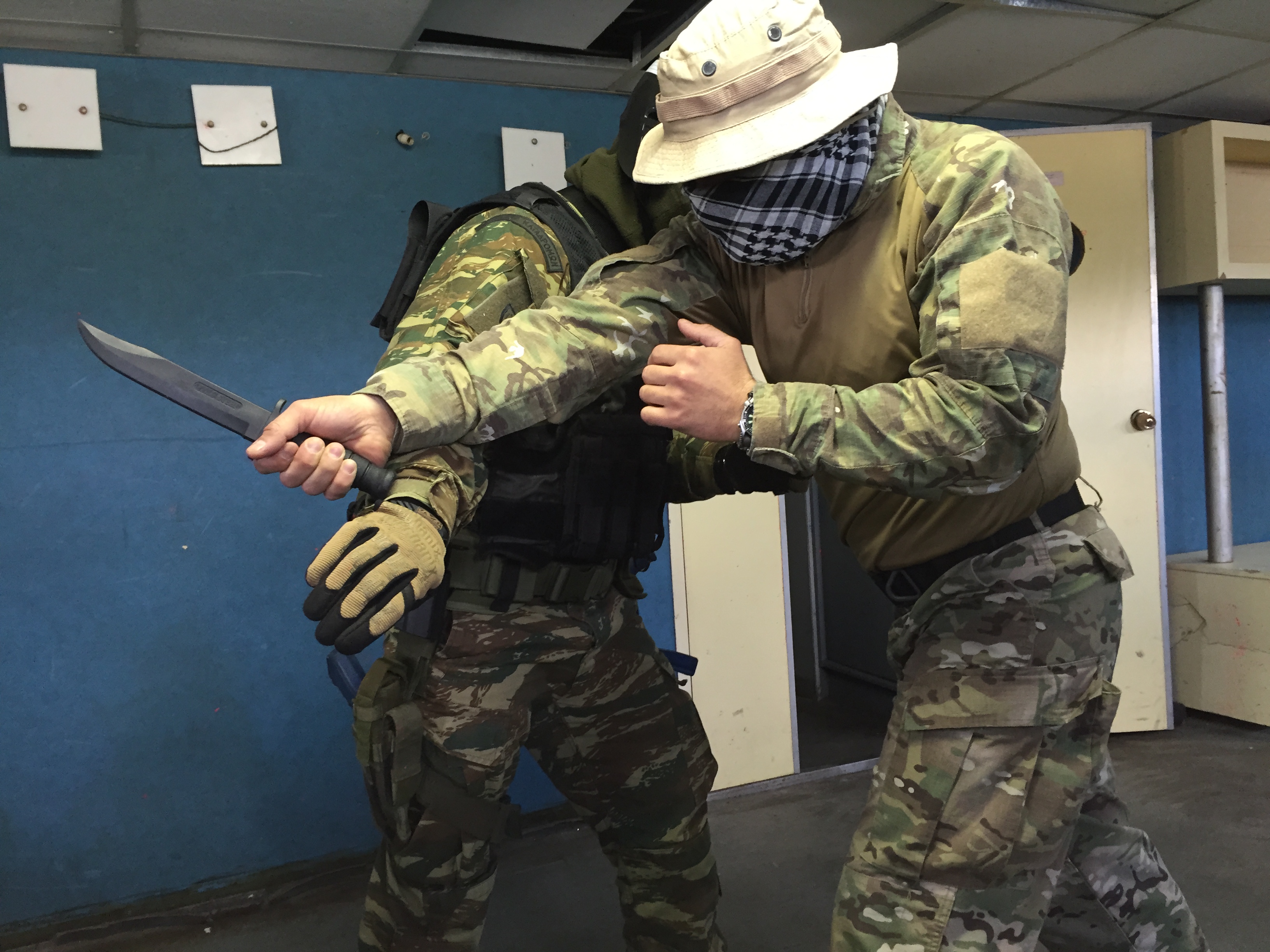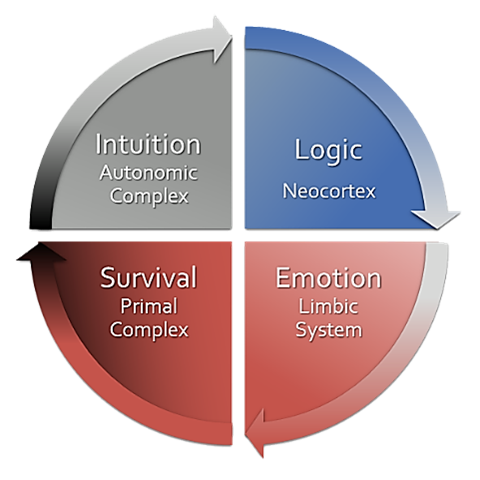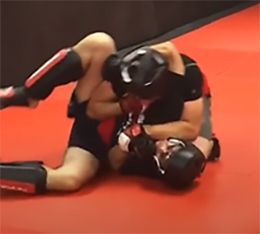Training
Martial education methods were taught in organized classes to Greek school children from the late 1860s throughout the 1940s, reflecting ancient Hellenic customs and knowledge passed on through the Byzantine and Ottoman eras to modern Greece; The International Pammachon Federation continues this tradition today.


Pammachon training is thus split into two separate activities: traditional pammachon (the martial art) and sport pammachon (the combat sport). These two activities are not truly separate, and one flows into the other. Modern training follows a modular format. The art utilizes a distinct neurological model referencing four separate neural nexuses to describe how stress and violence escalate “digitally” within our being. While this model was developed to better understand the physiological processes inherent to the escalation of force and as a means to train soldiers for combat, it may also be used to identify distinct personality types, to accurately gauge intentions and reactions during a business meeting, and to accommodate the effects of stress in our daily lives.


Pammachon as a sporting contest was first conceived by Kostas Dervenis in 2002 and was designed, as much as possible, to closely emulate the tactical demands of hand-to-hand combat and better prepare the practitioner for the submission and control of hostile perpetrators who may be bearing a concealed weapon. This competitive sport has been enacted institutionally in various forms since its inception in 2002. In essence pammachon combines mixed martial arts with fencing; a baton or rubber knife is used to simulate the presence of a concealed weapon during grappling, as is strategic scoring with what is termed the “weapon hand” before the athletes transition into grappling.

The rules of the sport, originally conceived and published by Kostas Dervenis in 2011, have been reviewed by IPF Secretary Petros Tsirigotis in 2022 and are posted here for public review. They should be considered a "work in progress" and will be refined as more Pammachon competitions take place around the globe and the sport's popularity grows. Athletes and sport organizations interested in Pammachon should contact us at info@pammachon.org
